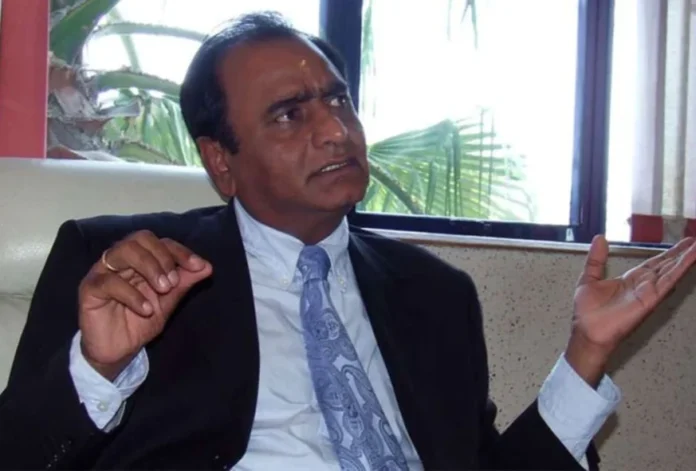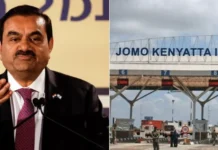Kenya’s billionaire industrialist Narendra Raval, owner of Devki Group, has lost a lucrative tax concession after sustained objections by the Auditor-General and a parliamentary probe determined that value‑added tax exemptions previously granted to his companies lacked legal backing.
In late 2024, the National Treasury, under Cabinet Secretary John Mbadi, withdrew exemptions previously given in 2015 and 2020 on imported plant and machinery for Devki Steel Mills Ltd and Cemtech Ltd amounting to Sh1.6 billion in revoked VAT relief.
The Treasury concluded that the waivers were issued without legal authority, prompting the Kenya Revenue Authority (KRA) to seek immediate payment of the disputed taxes, penalties, and interest.
The withdrawal and subsequent demand triggered rapid backlash. Devki filed court petitions in Mombasa challenging both the Treasury and KRA, arguing that the waivers were legally granted and relied upon when commissioning the factories, and that the retrospective demand violated due process.
Despite Devki’s claims of legitimate expectation and reliance, the government’s position that the concessions were unlawful has held sway.
The revelations coincided with a parliamentary investigation into up to Sh15 billion in VAT exemptions awarded to 14 manufacturing firms, including Devki, reinforcing concerns about favoritism and the misuse of public funds.
Critics warned such arrangements, favoring tycoons like Raval, could distort competition, stifle smaller manufacturers, and erode fiscal revenues.
Public scrutiny heightened following red flags raised by the Auditor‑General. Concerned about the precedent set by allowing tax waivers without statutory grounding, the Auditor lodged formal protests emphasizing that such concessions undermined revenue collection.
The government’s subsequent U‑turn on the exemptions reflects Auditor‑General Nancy Gathungu’s influence in enforcing accountability.
Devki’s legal challenge casts a spotlight on Kenya’s broader tax policy framework. With retaliatory legislation now under review by the Finance Committee, lawmakers are advocating for tighter controls and transparency in future tax waivers.
As the cases proceed before Justice Florence Wangari and possibly escalate to appellate courts they are expected to set significant legal precedent.
The outcome carries major implications for Kenya’s investment climate. If Devki prevails, businesses could claim retroactive exemptions based on ministerial undertakings.
If the government prevails, it may face resistance from investors wary of sudden policy reversals potentially undermining industrial expansion and foreign capital inflows.
As Kenya navigates this high-stakes legal and political drama, all eyes are on the court’s final ruling, which will test the balance between development incentives and regulatory integrity.
Written By Ian Maleve



















